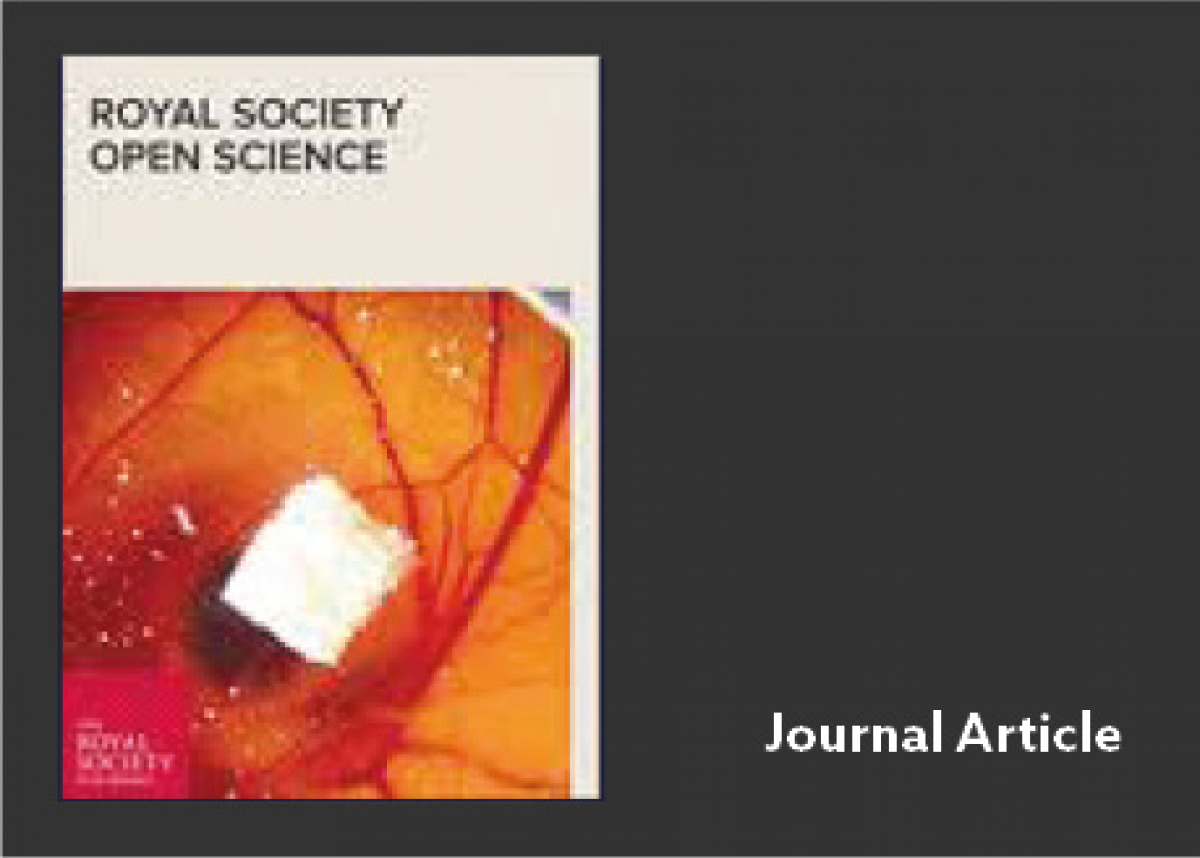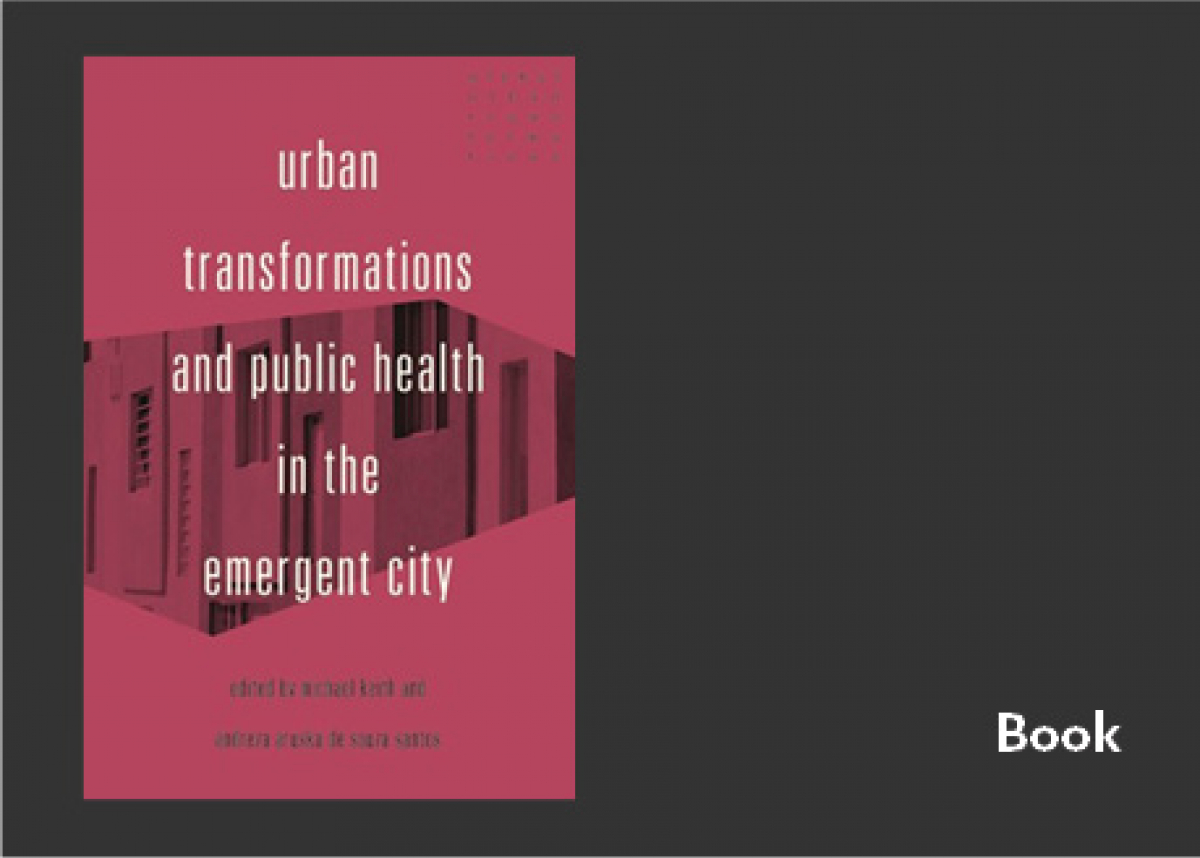
Cities can care for people and enable them to care for others, making urban health possible
By creating the conditions for health in many ways - through healthcare, childcare, public safety, community and economic development, parks and recreation, among others - local governments care for people. In this paper, three significantly influencing ways are discussed: a closer look at the role of local governments in providing water, sanitation and hygiene (WASH), urban planning, and transport shows that their contribution to healthy urban lives is unparalleled but faces significant challenges.
Affecting change in urban agglomerations, where the contestation of public goods and private interests make the role of a local arbitrator essential, is complex. More than arbitrators, local governments have often represented the collective wellbeing and generated equity. As such, when they fall short, the consequences for health are disastrous.
Finally, a framework for navigating complexity and lessons from the participation of local governments in urban governance during the COVID-19 pandemic give local governments tools for their central role in working toward health for all








